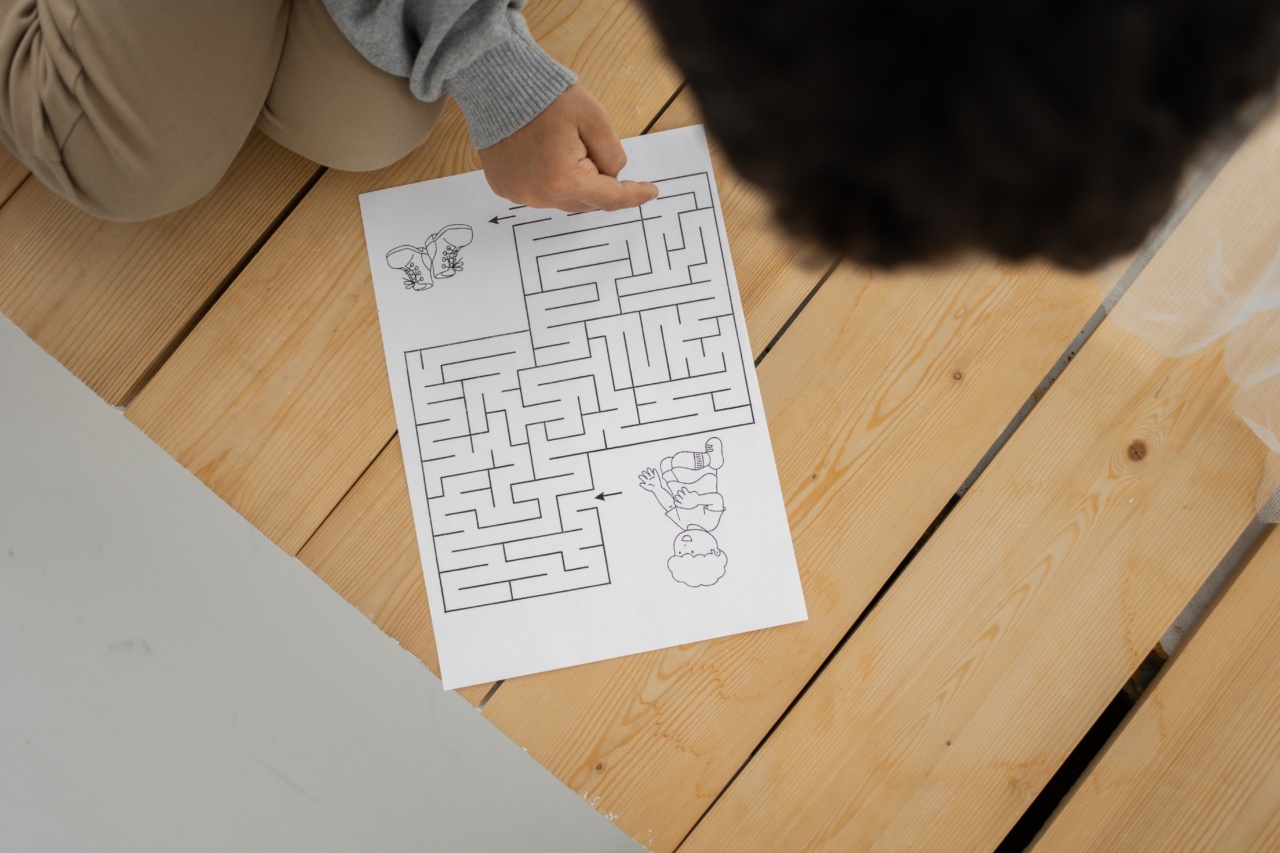Hearing loss is a common sensory problem that affects millions of people around the world.
According to the World Health Organization (WHO), around 5% of the world’s population, or 466 million people, have disabling hearing loss, and 34 million of these are children. Hearing loss can be caused by a variety of factors, including exposure to loud noises, infections, genetics, and aging. One area of concern is early onset hearing loss and its impact on brain development.
What is early onset hearing loss?
Early onset hearing loss refers to hearing loss that occurs during infancy, childhood, or early adolescence. It can be congenital, meaning that it is present at birth, or acquired, meaning that it occurs after birth.
Congenital hearing loss can be hereditary or caused by factors such as maternal infections during pregnancy or complications during childbirth. Acquired hearing loss can be caused by infections, exposure to loud noises, head injury, or other factors.
The impact of early onset hearing loss on brain development
Hearing is one of the key senses that is essential for the development of communication, language, and social skills.
When a child experiences hearing loss, it can have a profound impact on their brain development and can affect their ability to learn and communicate with others.
Language and communication development
Studies have shown that children with hearing loss can experience delays in language and communication development compared to their peers with normal hearing.
Language development is a complex process that requires learning the rules of grammar, vocabulary, and syntax, as well as developing the ability to understand and use language in social contexts.
In children with hearing loss, the lack of auditory input can lead to a delay in language development. This delay can have a long-term impact on their ability to learn and communicate with others.
Children with hearing loss may struggle to understand spoken language, which can affect their ability to learn in school and socialize with their peers.
Cognitive and social development
Hearing loss can also affect cognitive and social development. Children with hearing loss may have difficulty processing information and may experience delays in cognitive development, including problem-solving and spatial awareness.
This can affect their ability to learn and perform well in school.
Children with hearing loss may also experience social isolation and have difficulty building friendships and socializing with others. This can lead to emotional and social challenges and can affect their overall well-being.
Treatment for early onset hearing loss
Early intervention is essential for children with hearing loss. The earlier a child receives treatment for hearing loss, the better their outcome will be.
Treatment for hearing loss can include hearing aids, cochlear implants, speech therapy, and other interventions.
Hearing aids are an effective way to amplify sound and improve hearing for children with hearing loss. Cochlear implants are a surgical intervention that can provide improved hearing for children who are severely or profoundly deaf.
Speech therapy is a crucial component of treatment for hearing loss as it can help children develop language and communication skills.
Speech therapists can work with children to improve their speech production, language comprehension, and social skills.
Conclusion
Early onset hearing loss can have a significant impact on brain development, language and communication skills, and cognitive and social development.
Early intervention is essential for children with hearing loss to ensure that they receive the appropriate treatment and support to achieve their full potential. Parents and caregivers can play an essential role in monitoring their child’s hearing and seeking help if they have concerns about their child’s development.





























